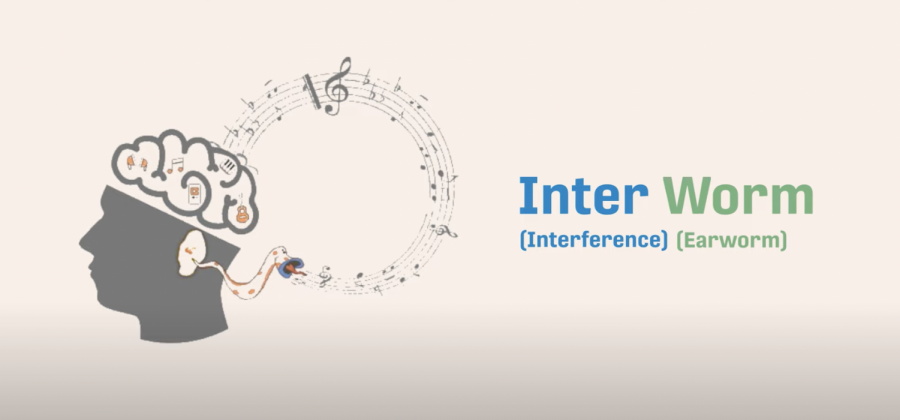Earworm, virtual reality projects win top prizes at 2021 Texas Research Showdown
April 4, 2021
Research projects studying earworms and using virtual reality for patients with Lou Gehrig’s disease, also called ALS, took the top prizes at a recent UT undergraduate research competition.
Neuroscience freshman Zoe Lalji and psychology senior Destiny Gonzales won first place in the STEM and humanities categories, respectively, at the 2021 Texas Research Showdown, an undergraduate competition for research communication where students submit videos explaining their research to a general audience. The winners will receive $2,000 from the Office of Undergraduate Research.
Lalji’s video submission showcased her research using technology to provide accessible experiences for ALS patients where they can talk and interact in a virtual reality environment.
Lalji said in her presentation that she was inspired to pursue this research because of her father’s experience after being diagnosed with ALS, which affects patients’ nerve cells controlling voluntary muscle movements, according to Mayo Clinic.
“It would mean everything for him to be able to enter a world where he can move again, albeit through a virtual avatar,” Lalji said.
Gonzales presented her research studying the effects of musical earworms or, the effects of getting a song stuck in your head, on auditory tasks and the parallel between earworms and intrusive thoughts. Gonzales said she was drawn to this topic because it combined her interest in music with her psychology studies.
“(Music and psychology) were two integral parts of my identity,” Gonzales said. “I really wanted to be able to help people in the area through the things that I’m passionate about.”
Video submissions are judged on four criteria: capturing the audience’s attention, explaining methods, merit of the research and accessibility to a general audience, said Jeanette Herman, assistant dean for academic initiatives in the School of Undergraduate Studies.
Herman, one of the judges for the competition this year, said the goal of the showdown was to communicate the value of research in a way that is accessible to a broad audience, not just topic experts.
Robert Reichle, director of the Office of Undergraduate Research, said that while the competition is for undergraduates, students can share their winnings with their research labs and mentors. Reichle said all the researchers in the competition had faculty mentorship over their projects.
“All of the projects have a faculty mentor involved in one way or another because pretty much all research does and should,” Reichle said.
Gonzales said her mentors trained her with cognitive neuroscience knowledge and allowed her to incorporate her interest in music into the project.
She said practicing presenting her research to friends and family who weren’t familiar with her work and storyboarding the presentation were helpful as she prepared for the competition.
“The main thought going into this is, ‘How can I make sure that this (research) has an impact?’” Gonzales said. “That’s why science communication is so powerful and so necessary.”



